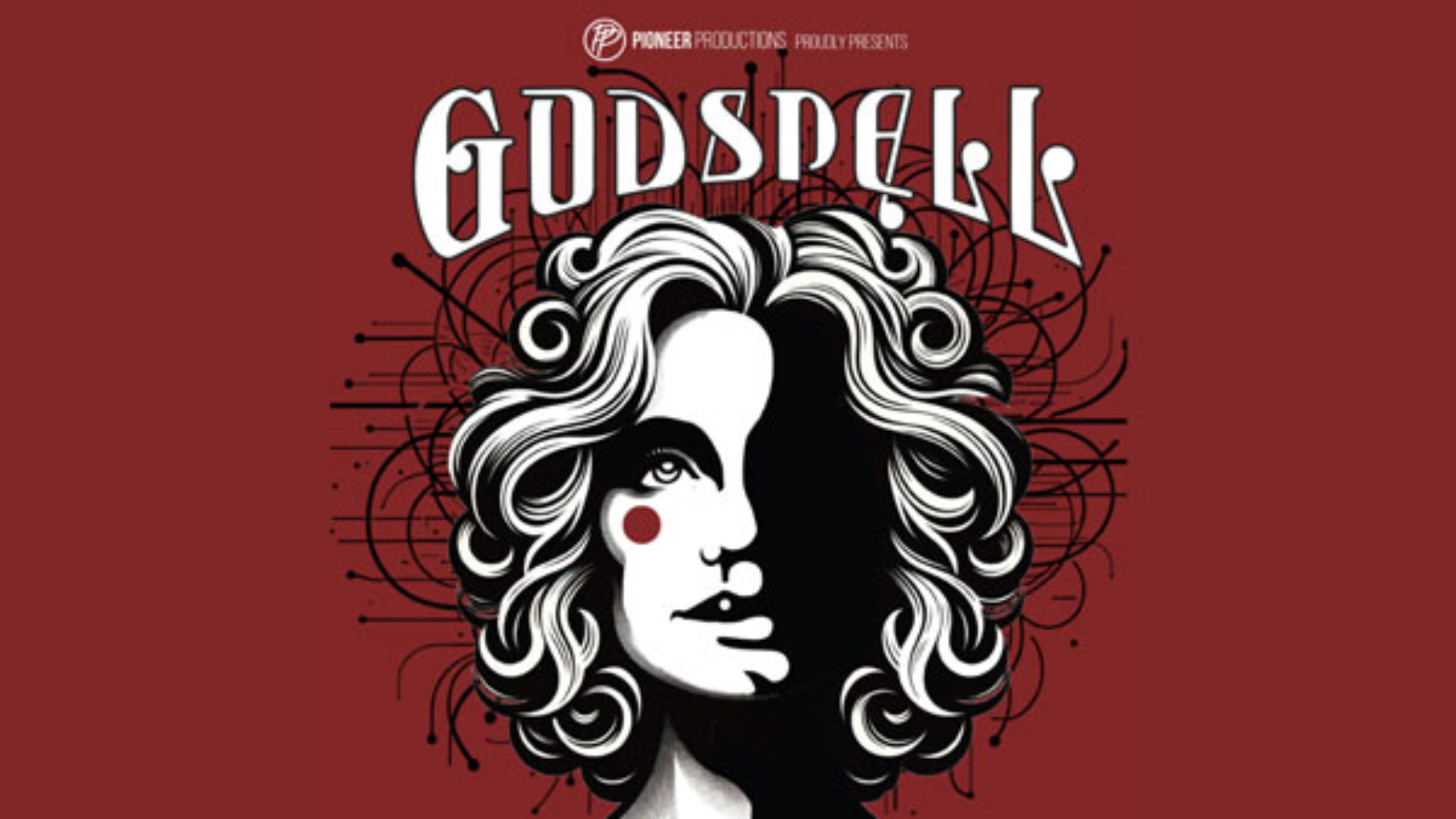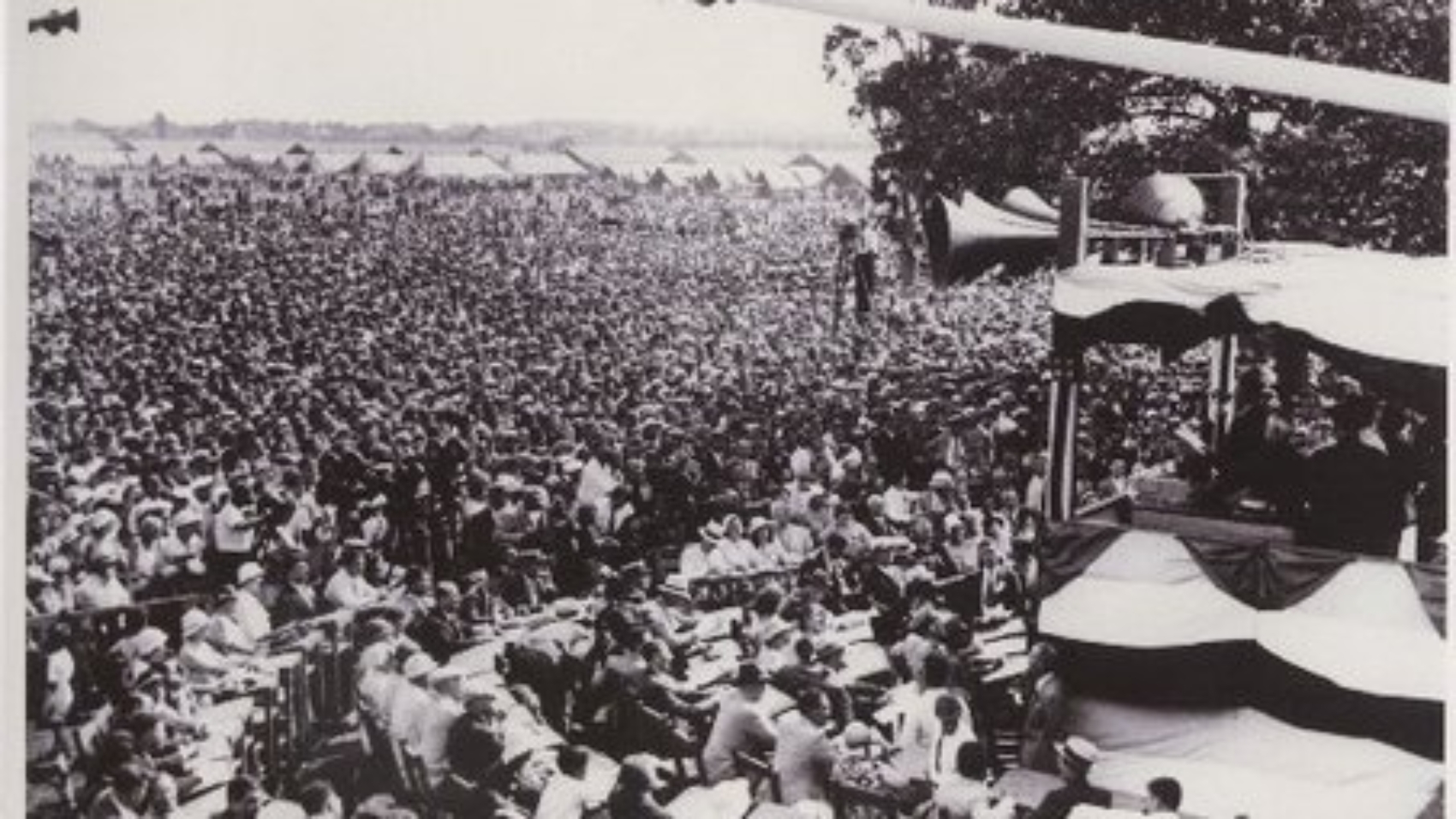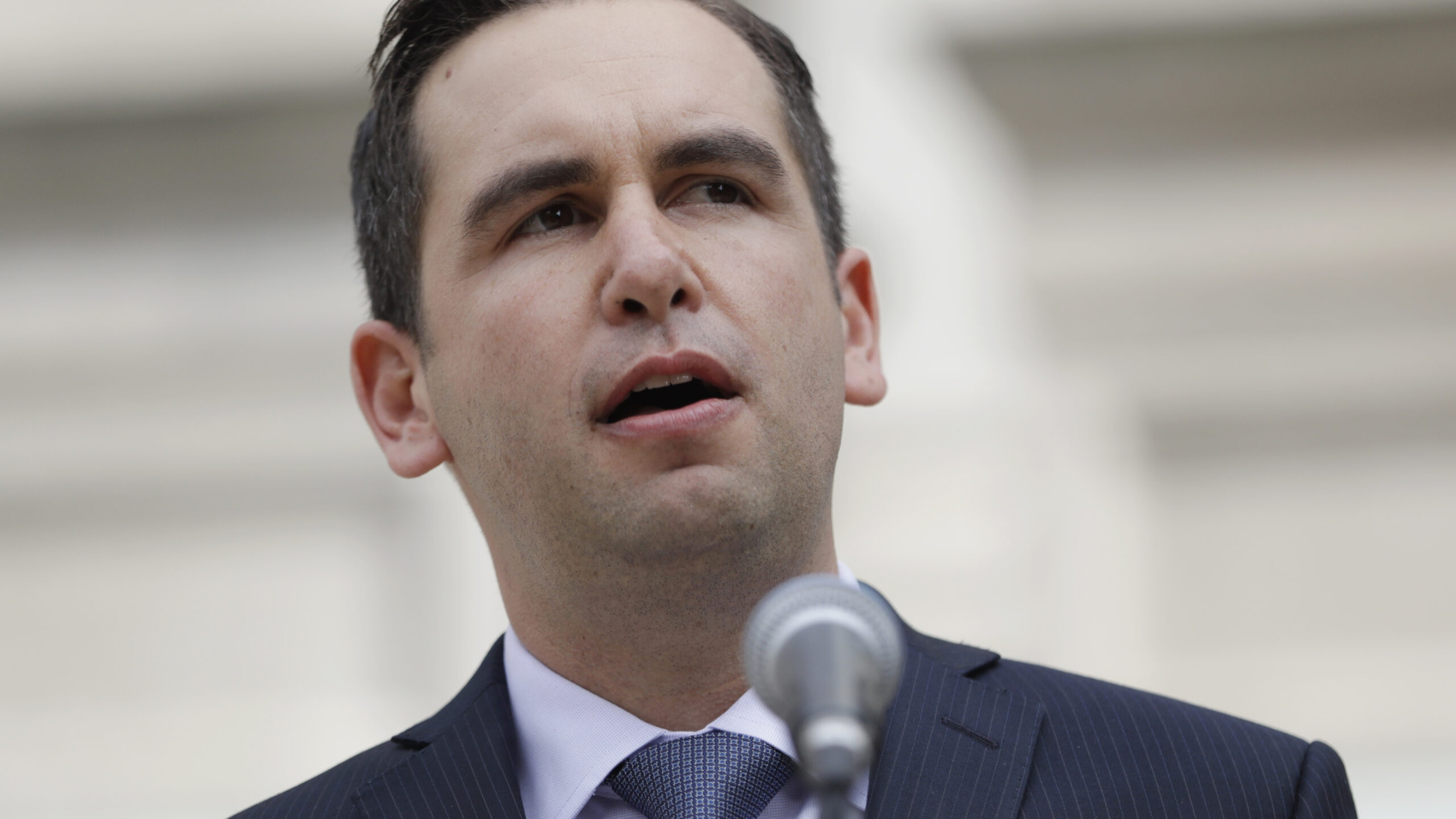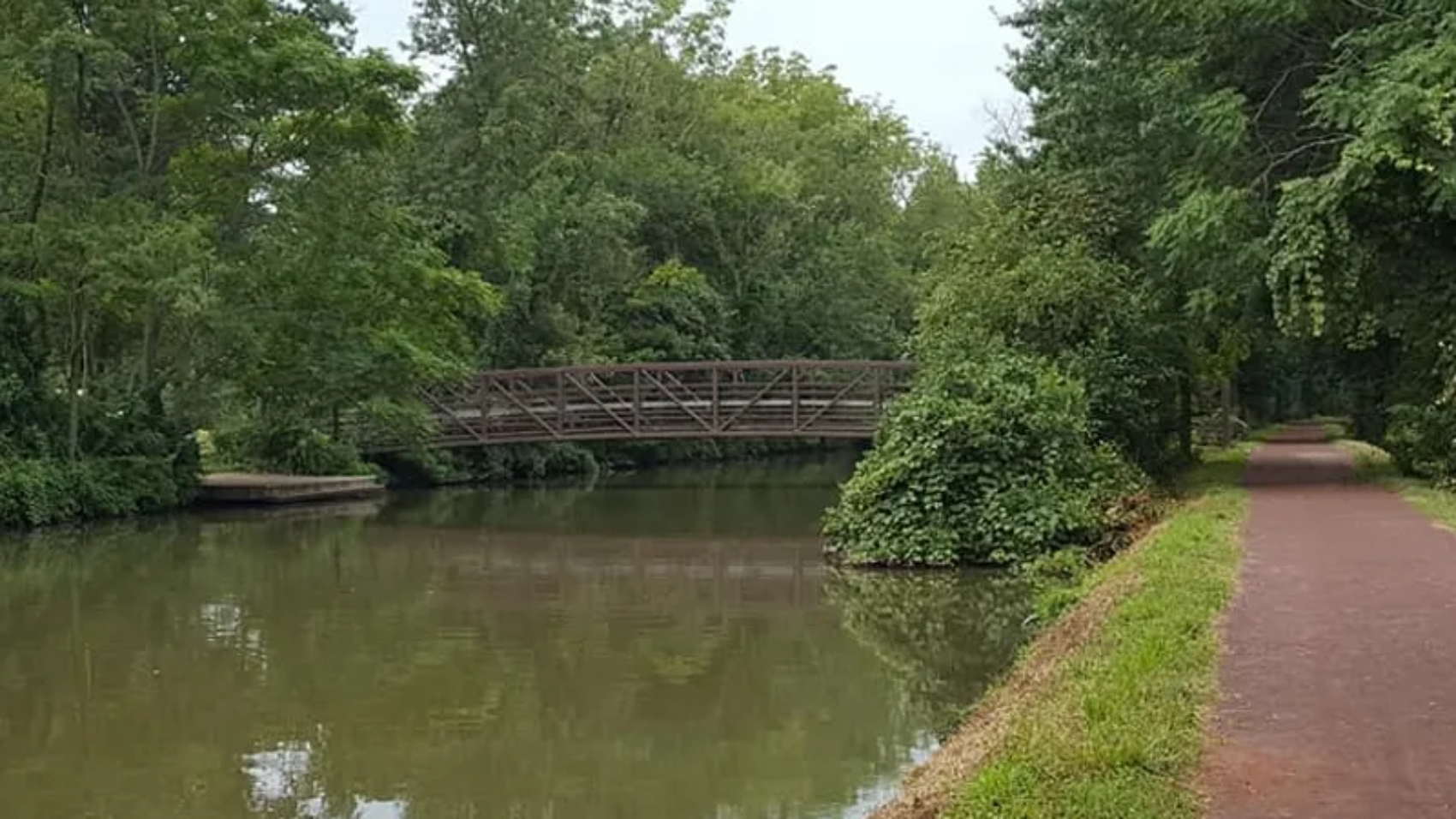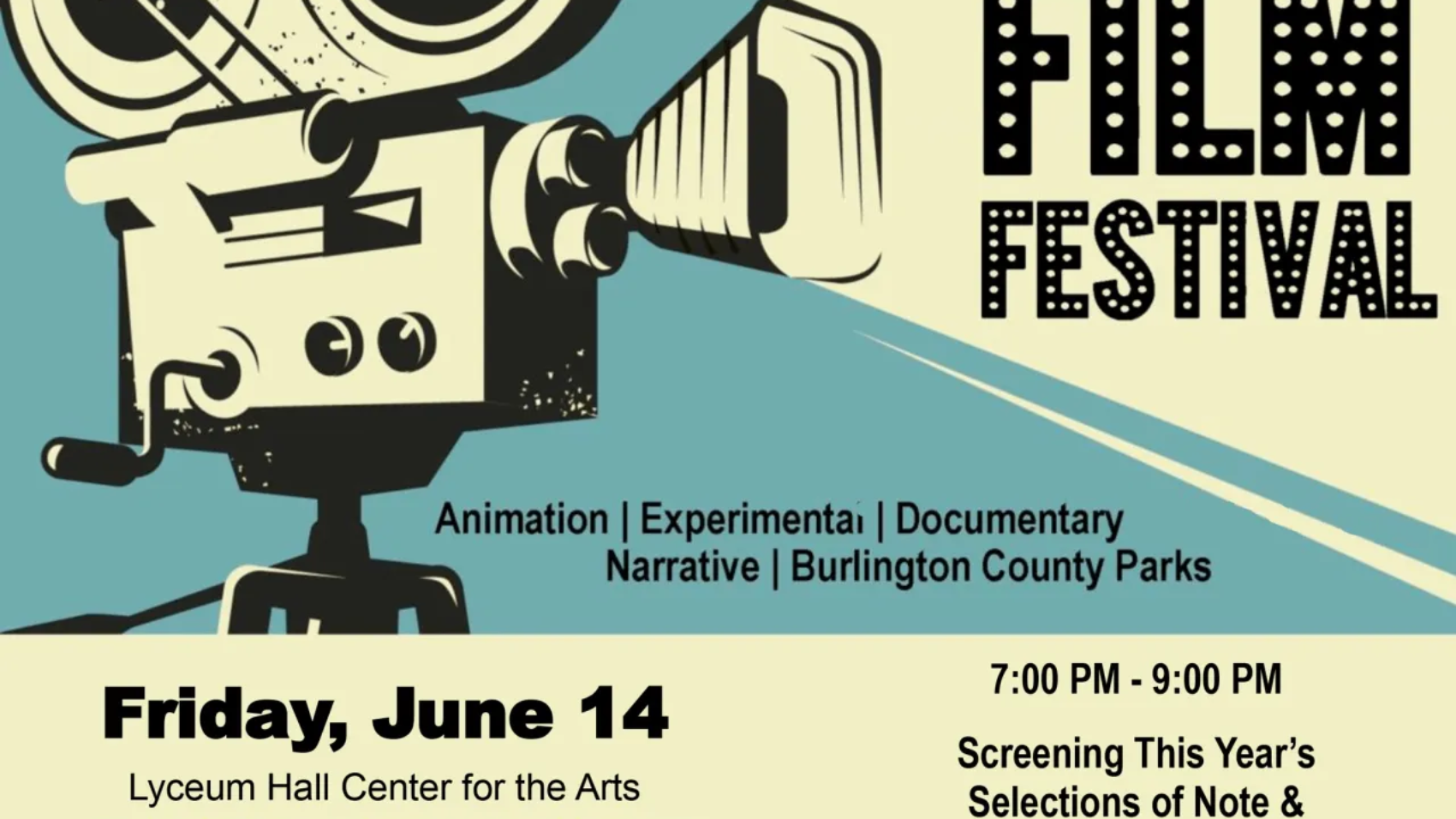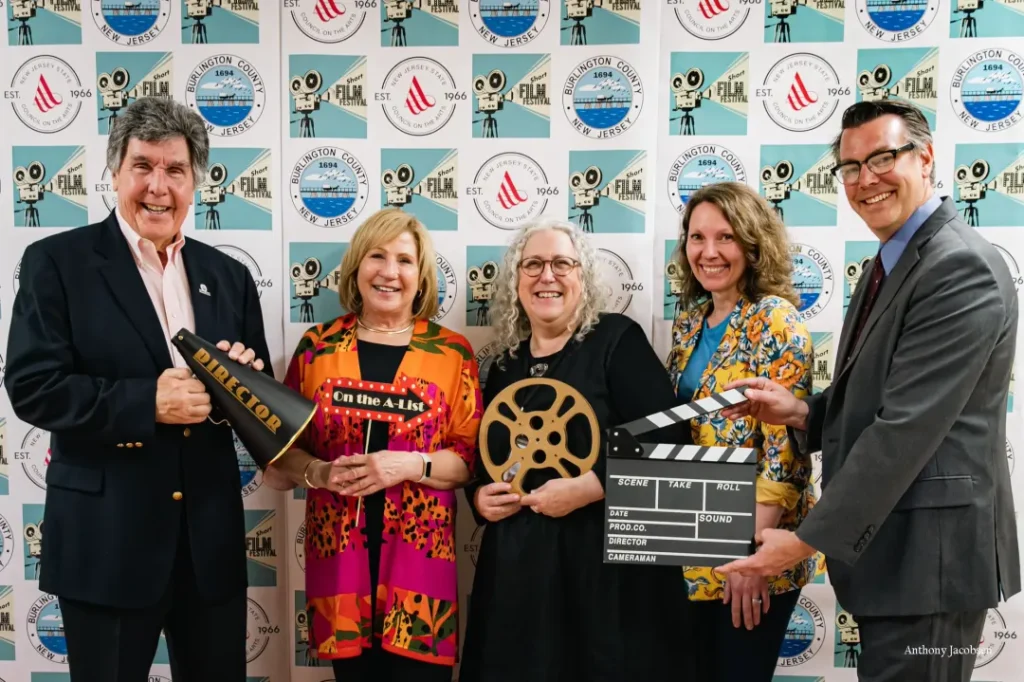The grand finale of the 2024 New Jersey International Film Festival Competition promised to be a cinematic extravaganza, showcasing five exceptional films designed to captivate and inspire audiences. This eclectic mix of films are available for online viewing for 24 hours and will also be screened in-person at Rutgers University.
Sunday, June 9, 2024 – Online for 24 Hours and In-Person at 5PM
- Musical Angels – Saul Pincus (Toronto, Canada) A heartbroken violin maker explores the healing power of music in this poignant 9-minute short film that delves into the transformative impact of music on the human spirit.
- LIVE FEED – Daniel Maldonado (New York, New York) This 13-minute interpretative short film examines intermedia through the innovative work of award-winning electro-acoustic composer Jeff Morris, featuring a live performance with a motion-controlled piano algorithm, a synaesthesia painter, and a found object percussionist. It challenges our understanding of creativity in the 21st century.
- Cowgirls and Synthesizers – Joe Wallace (Springfield, Illinois) Follow the synthesizer pop duo Hyperbubble as they venture to Nashville to record a country and western album using only synthesizers, drum machines, and theremin. This lively 80-minute documentary chronicles Hyperbubble’s 20-year career, featuring appearances by cartoon cult heroes and music legends.
Sunday, June 9, 2024 – Online for 24 Hours and In-Person at 7PM
- CARNÍVORA – Felipe Vargas (Los Angeles, California) In this 12-minute thriller, two estranged sisters are forced to care for their catatonic grandmother after their mother disappears, only to discover that their grandma isn’t who she appears to be. The film explores themes of family and the supernatural.
- STAKES IS HIGH – Jean-Pierre Caner (Los Angeles, California) Reflecting the socio-economic challenges of contemporary America, this 90-minute film follows Will Goldin, an everyman navigating the gig economy in search of a better future. Echoing themes from “Taxi Driver,” it captures the aspirations and struggles of today’s society.
Event Details These films will be available for online viewing for 24 hours on Sunday, June 9, and will be screened in-person at Voorhees Hall #105, Rutgers University, 71 Hamilton Street, New Brunswick, NJ. The in-person screenings begin at 5:00 PM and 7:00 PM. Tickets can be purchased here.
Directors Jean-Pierre Caner (STAKES IS HIGH) and Daniel Maldonado (LIVE FEED) will be present for a Q&A session after the in-person screenings, offering a unique chance for audiences to engage with the filmmakers.
About the New Jersey International Film Festival Celebrating its 29th anniversary, the New Jersey International Film Festival (NJIFF) is presented by the Rutgers Film Co-op/New Jersey Media Arts Center, in association with the Rutgers University Program in Cinema Studies. The festival runs on Fridays, Saturdays, and Sundays from May 31 to June 9, 2024, featuring both online and in-person screenings.
All films are available virtually via Video on Demand for 24 hours on their show date, starting at 12 Midnight Eastern USA. Each General Admission Ticket or Festival Pass provides access to both virtual and in-person screenings.
Special Event The NJIFF proudly presents a concert by acclaimed singer-songwriter Marissa Nadler on Saturday, June 15, at Voorhees Hall #105, Rutgers University, 71 Hamilton Street, New Brunswick, NJ, at 7 PM. Tickets are priced at $25 for General Admission.
For more information on tickets and the festival schedule, please visit the NJIFF website.
Join us for a day of outstanding films and insightful discussions as we celebrate the final day of the 2024 New Jersey International Film Festival Competition!
Exploring the Vibrant Film Festival Scene in New Jersey
New Jersey may be known for its beautiful shorelines and bustling cities, but it’s also home to a thriving film festival scene that celebrates the art of cinema. From prestigious international events to local showcases highlighting emerging talent, the Garden State offers a rich tapestry of film festivals that cater to cinephiles of all tastes. Here’s a look at some of the standout film festivals in New Jersey that you won’t want to miss.
Garden State Film Festival
The Garden State Film Festival (GSFF) is one of New Jersey’s premier cinematic events, held annually in Asbury Park. Founded in 2002, GSFF showcases a diverse range of films, including features, shorts, documentaries, and student films. With its mission to bring together filmmakers and audiences from around the world, the festival offers screenings, workshops, and networking opportunities. GSFF has become a cornerstone of New Jersey’s cultural calendar, celebrating independent filmmaking and fostering a vibrant film community.
Montclair Film Festival
Since its inception in 2012, the Montclair Film Festival (MFF) has quickly gained a reputation as a top-tier event, attracting industry professionals and film enthusiasts alike. Held in the charming town of Montclair, the festival features a carefully curated selection of films, from thought-provoking documentaries to compelling narratives. MFF is known for its engaging panels, Q&A sessions with filmmakers, and special events that enrich the festival experience. It has become a beloved event for those seeking innovative and inspiring films.
Newark International Film Festival
The Newark International Film Festival (NIFF) celebrates the cultural diversity and artistic talent of Newark, New Jersey’s largest city. This festival focuses on promoting the work of filmmakers from underrepresented communities, offering a platform for voices that are often overlooked. NIFF features a wide array of genres, including animation, horror, and experimental films, making it a dynamic and inclusive festival. With its commitment to community engagement and social impact, NIFF is a vital part of Newark’s cultural landscape.
New Jersey Film Festival
Hosted by Rutgers University, the New Jersey Film Festival is a long-running event that has been showcasing independent films since 1982. This festival takes place twice a year, in the spring and fall, and features a mix of narrative, experimental, and documentary films. The New Jersey Film Festival is known for its high-quality programming and dedication to supporting independent filmmakers. It provides a unique opportunity for audiences to experience cutting-edge cinema in an academic setting.
Teaneck International Film Festival
The Teaneck International Film Festival (TIFF) is a community-driven event that emphasizes social justice and cultural awareness. Held annually in the town of Teaneck, the festival screens films that address important issues and inspire dialogue. TIFF includes a mix of feature films, shorts, and documentaries, with many screenings followed by discussions with filmmakers and experts. The festival’s focus on diversity and inclusion makes it a standout event in New Jersey’s film festival circuit.
Lighthouse International Film Festival
Located on Long Beach Island, the Lighthouse International Film Festival (LIFF) offers a unique film-watching experience by the sea. This festival, held every June, features an eclectic mix of films, from indie gems to international masterpieces. LIFF is known for its relaxed, intimate atmosphere and beautiful seaside setting. In addition to screenings, the festival hosts panels, parties, and outdoor screenings, making it a favorite summer destination for film lovers.
New Jersey’s film festival scene is as diverse and dynamic as the state itself. From the coastal charm of the Lighthouse International Film Festival to the urban energy of the Newark International Film Festival, there is something for every film enthusiast to enjoy. These festivals not only showcase incredible films but also foster a sense of community and cultural exchange, making New Jersey a vibrant hub for cinema. Whether you’re a seasoned cinephile or just looking for a unique cultural experience, the film festivals in New Jersey are sure to captivate and inspire.


